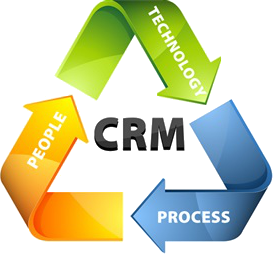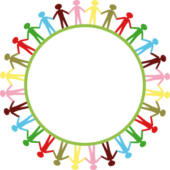Customer (or Client, or Constituent) Relationship Management systems, known as CRM, are at their core simply database structures. Which is to say they are lists of lists. More formally speaking, databases are structured collections of data. The data can be anything and everything. The structure is based on “relationships” between data points and between sets of data points. In essence, lists of lists. In a CRM database, the data stored is client information.
Originally designed for sales, a CRM tracks the relationship that each customer has with the organization, and with other clients if applicable. This means that all mailings, phone calls, sales made, events attended, and conversations are all recorded in the same place for easy reference. When a sales person can look at all of a client’s details, they can easily refer in conversation back to items purchased last year and so on, while making a sale. But while they were originally developed by the for-profit sector, CRM can also be an invaluable community building tool.
As an example, let me tell you about how Makom Community uses the CRM I set up for them. Makom Community runs an afterschool enrichment program, family programming, and camps. as such, they need:
- Class lists: Each student, as a contact in the CRM, is associated with their classes. An administrator can pull up a class full of children with their relevant details.
- Family relationships: Each student is also associated in the CRM with their parents, siblings, and emergency contacts. They can be viewed as part of a family unit as well as part of a class.
- Communications: The CRM can send out emails to large groups, and track opens, click-throughs, replies, and unsubscribes.
- Donations and Payments: All
transactions and pledges are stored. Donors can be notified of how much they donated last year, and invited to donate to the next campaign. - Events: Each event is its own CRM entity, and is associated with everyone who attended.
- Individual communications: The CRM can blind copied on emails so that it holds a record of communications with an individual. It can also hold notes on phone conversations and meetings.
- Personal touches: Using this CRM, Makom Community can send appropriately timed birthday greetings, anniversary congratulations, and the like.
This powerful tool supports Makom Community’s staff in all of the minutiae of its relationships with community members, so that they can do the most important part: build meaningful relationships. Having these details close at hand in the CRM means that staff can refer a member with a specific need to someone who has filled that need in their own lives and can serve as a mentor, or with another who is struggling towards a similar goal. These relationships, both between staff and community, and among community members, become the backbone of the community.




Your content was very helpful.
I’m glad to hear it!